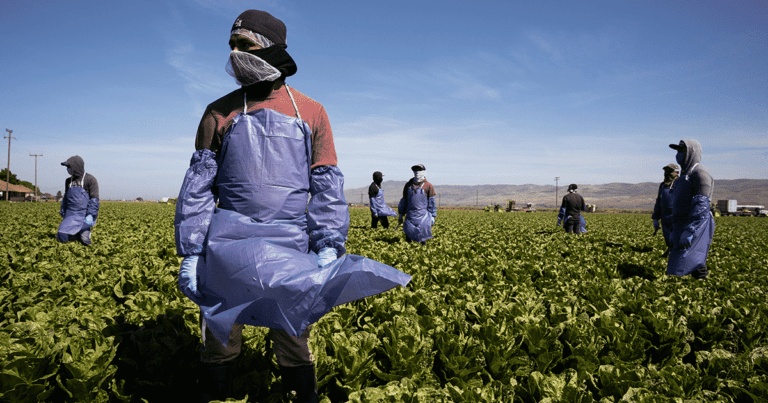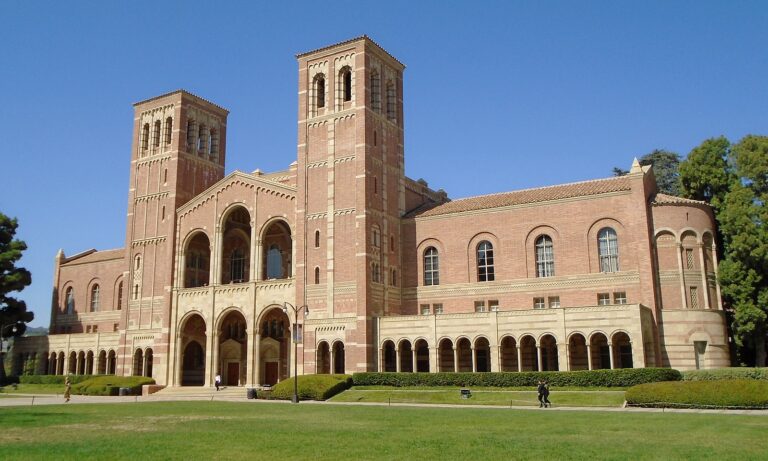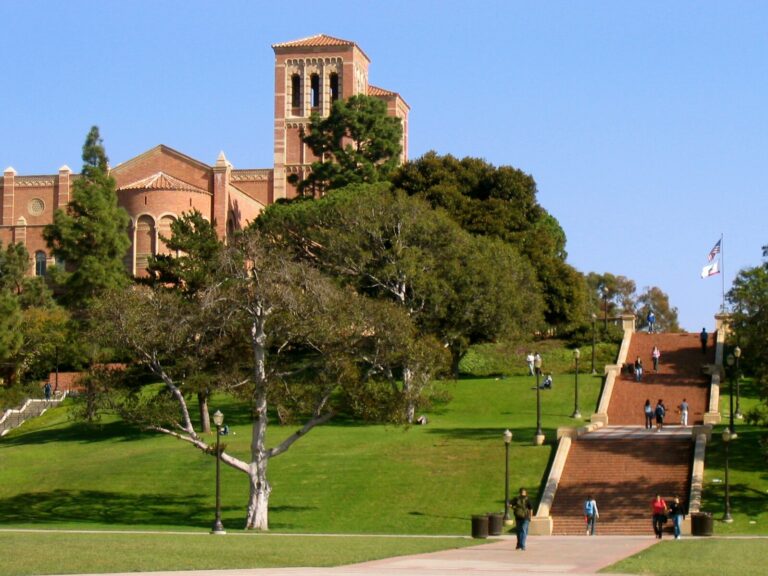
Rachel Sandalow-Ash is a student at Harvard Law School and a member of the Labor and Employment Lab.
Sarah Jaffe writes in The Nation about “The Radical Organizing that Paved the Way” for the ongoing LA Teachers’ Strike. In the wake of the financial crisis, a group of LA teachers formed the Union Power caucus to fight back against mass layoffs of teachers and other school staff. In 2014, the Union Power caucus won a United Teachers Los Angeles (UTLA) leadership election on the promise to invest in organizing. Teachers voted to increase their own dues to implement structural changes in the union, and over the past few years, UTLA has focused on strengthening its grassroots organizing structure and building coalitions with parents, students, and community groups so as to “bargain for the public good.” In its advocacy work and in negotiations with the school district, UTLA is calling for smaller class sizes, increased school funding, more nurses and support staff, and strict regulations on charter schools. The union is also pushing back against “random” (and racially biased) searches of students; calling for the district to establish an immigrant defense fund to support students and families threatened by deportation; and advocating for investments in affordable housing, to support students and families harmed by rapid gentrification in Los Angeles.
Teachers in Denver, represented by the Denver Classroom Teachers’ Association, are voting on whether to go on strike for higher pay and related issues. The vote will conclude by Tuesday evening; if two-thirds of teachers vote to authorize the strike, the teachers could strike as early as January 28th. Teacher strikes are legal in both California and Colorado, unlike in most states.
Public sector workers across Tunisia, represented by the Tunisia General Labor Union (UGTT), went on strike on Thursday to protest the government’s refusal to raise salaries in the face of runaway inflation. Noureddine Tabboubi, the head of of the UGTT, accused the government of “neglecting the workers” at a rally in Tunis. In December 2016, Tunisia reached a deal with the IMF to cut deficits and “trim bloated public services” in exchange for loans; and the IMF is now pressuring the government to freeze public sector wages. As previously covered by OnLabor, public sector workers in Tunisia went on a similar strike this past November.
Today is Martin Luther King Jr. Day. Professor Peter Cole writes in The Conversation about Dr. King’s work with unions, which Dr. King called “the first anti-poverty program.” Cole highlights MLK’s work with International Longshoremen’s and Warehousemen’s Union (ILWU) Local 10, which represents dock workers in the San Francisco Bay Area. In 1934, Bay Area longshoremen — some of the worst paid and treated workers in the region — won union recognition, a coast-wide union contract and significant pay hikes following an 83-day strike. After securing recognition, ILWU Local 10 successfully “integrat[ed] work gangs that previously had been segregated.” As black workers came into Local 10 in large numbers in the 1940s, the union secured equal pay for black and white workers and fought back against racist treatment by management. In 1967, the first year that Local 10 elected a black president, the union inducted Dr. King as an honorary member. Dr. King addressed the dockworkers, saying, “We have been strengthened and energized by the support you have given to our struggles…We’ve learned from labor the meaning of power.” The day after Dr. King was assassinated, the dock workers shut down the San Francisco and Oakland ports to mourn his death.






Daily News & Commentary
Start your day with our roundup of the latest labor developments. See all
July 26
Prop 22 survives; video game workers take action; NLRB challenged.
July 25
Disney union reaches tentative agreement, FAA agrees to improve worker conditions, and Olympic dancers drop strike notice.
July 24
Unions demand end to military aid for Israel; UAW and Teamsters hold out on Harris endorsement; Judge declines to block FTC ban on non-competes
July 23
NLRB drops appeal of a district court case striking down its joint employer rule; red states challenge EEOC’s pregnancy rule; and the WNBA players’ union taps advisors.
July 22
Unions respond to Biden's exit, many back Harris.
July 19
The Bronx Defenders Union announces a tentative collective bargaining agreement; Amazon workers continue a strike in Skokie; Bangladesh students continue protests over government job quotas.